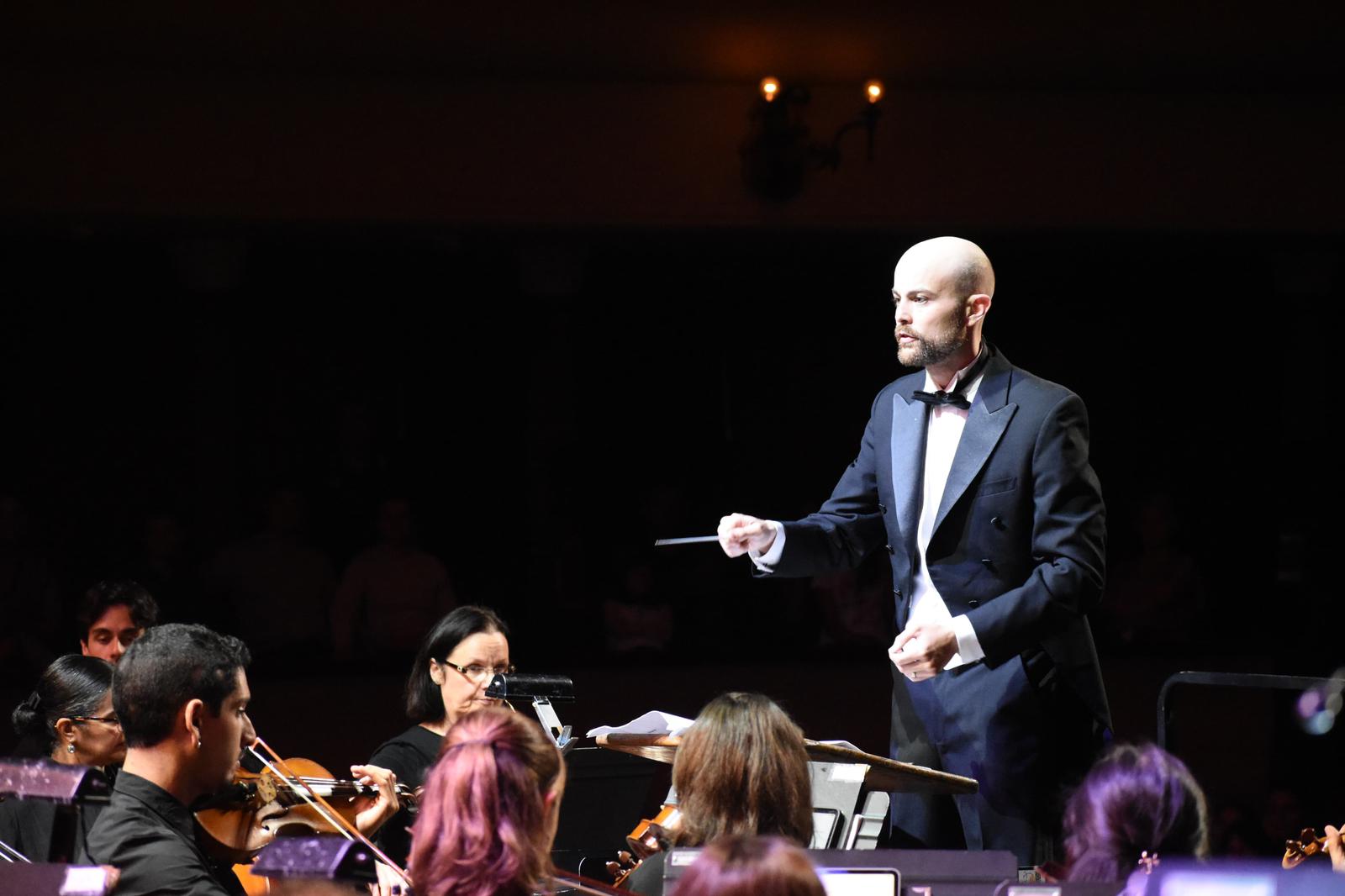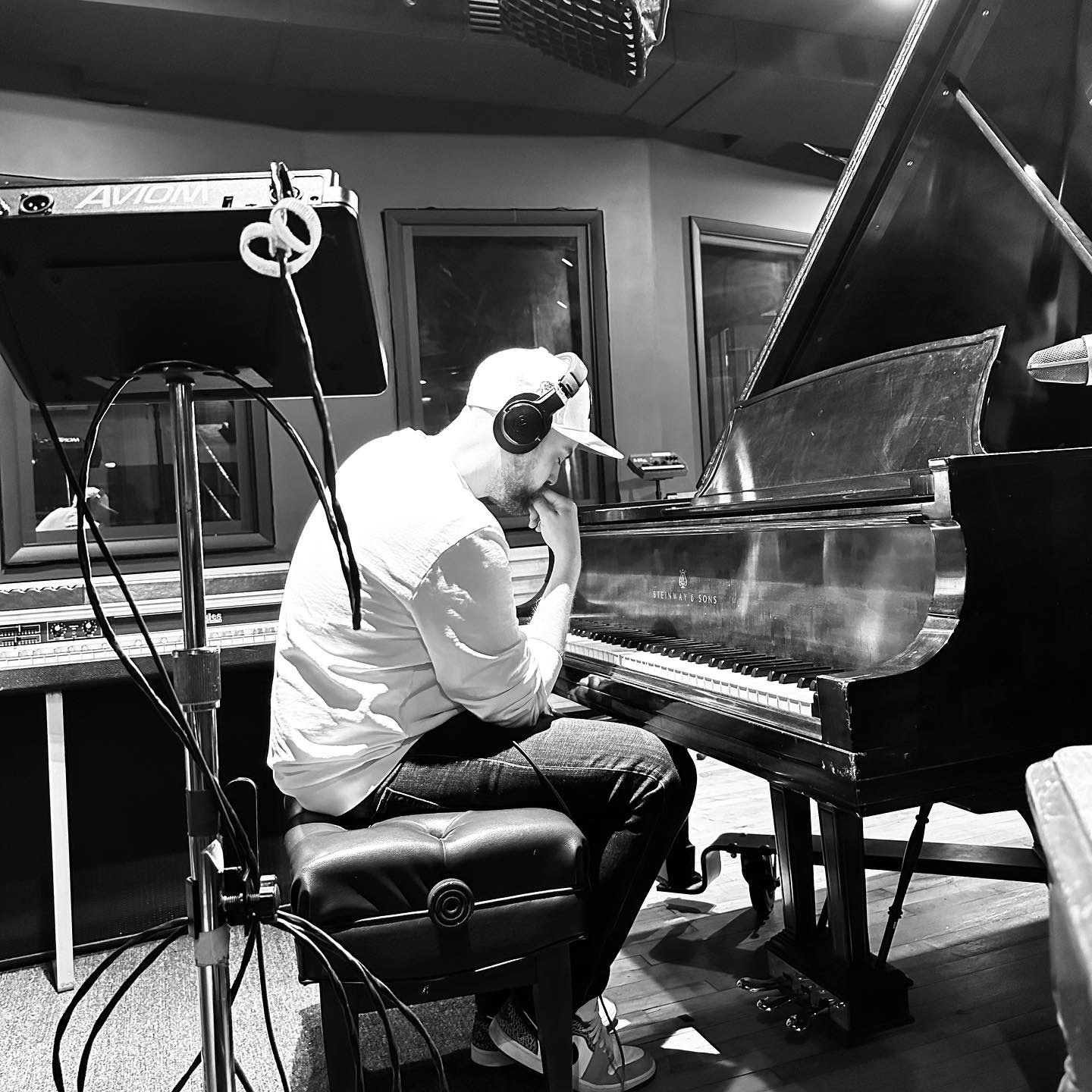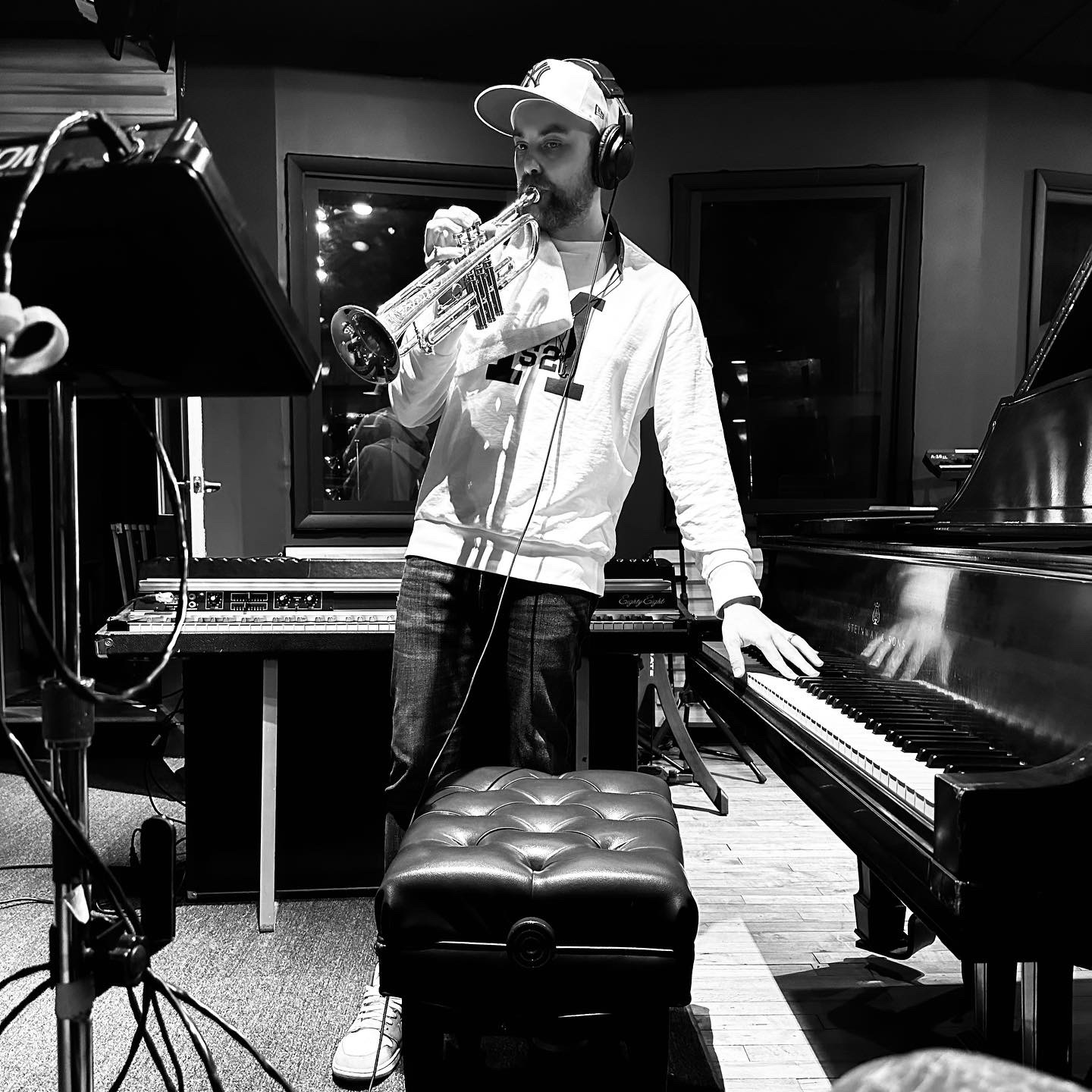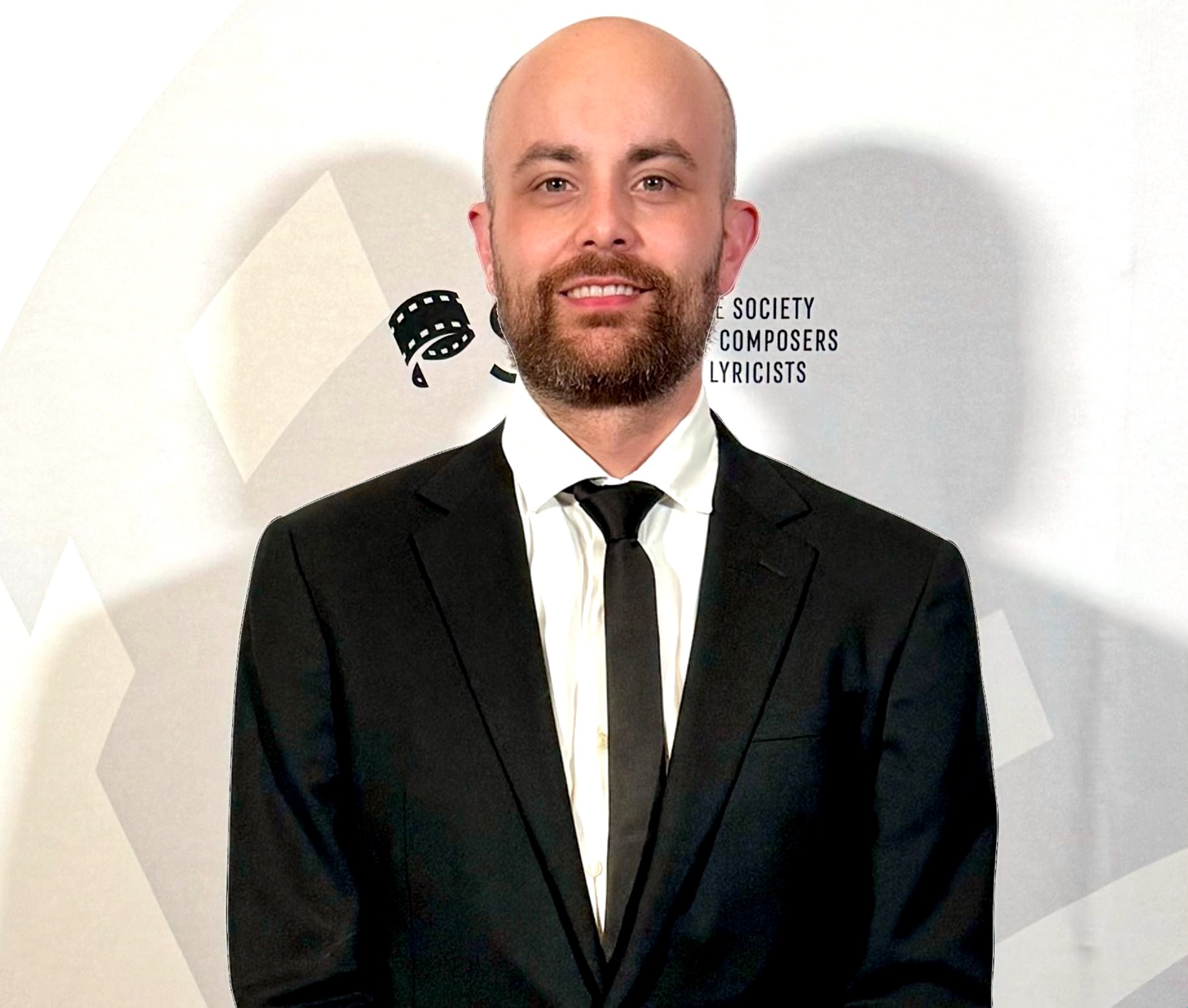We were lucky to catch up with Joshua Andres recently and have shared our conversation below.
Alright, Joshua thanks for taking the time to share your stories and insights with us today. Earning a full time living from one’s creative career can be incredibly difficult. Have you been able to do so and if so, can you share some of the key parts of your journey and any important advice or lessons that might help creatives who haven’t been able to yet?
Yes! I consider myself very fortunate to make a living as a composer, conductor, and educator. For the past 11 years, I’ve dedicated my life to music, and my journey has been anything but ordinary.
I grew up in Sandusky, OH, a small town on Lake Erie. Music was a part of my life from an early age—my parents signed me up for guitar lessons at five, and later, I picked up the trumpet in middle school. I continued playing both instruments throughout high school, but I initially pursued a different path, enrolling as a chemistry major at the University of Toledo. That changed when a college roommate’s friend introduced me to songwriting and composition. That moment sparked something in me, ultimately leading me to change my major to digital music.
While studying digital music, I worked as a DJ, songwriter, engineer, and beatmaker for local artists in Ohio. However, after two years in the program, I realized it wasn’t fully preparing me for the industry. I wanted to understand the business side of popular music, so I transitioned to an online Music Business degree at Full Sail University.
At Full Sail, I gained invaluable insight into performance rights organizations, publishing, royalties, and more—topics that were difficult to find clear information on at the time. This education gave me the confidence to pursue music professionally. I discovered dance music during my studies and co-founded the Statik Link project, a DJ and production partnership. Our early singles and remixes gained traction, with many gaining over 100,000 streams on SoundCloud and recognition from major DJ pools. As I started getting booked for shows and building a following, I realized that Ohio’s location was limiting my opportunities. I spent two years saving money before moving to New York City.
The move to NYC was a challenge. Thankfully, my wife, my biggest supporter, was by my side. She was instrumental in ensuring we could afford to live in the city early on. Despite my small success in music, I couldn’t afford to live in the city without a day job. My first job didn’t work out, and I found myself unemployed, questioning my next move. Just as I considered leaving the city, I landed a music production and composition instructor job at Jam Master Jay’s Scratch Academy in Manhattan.
This opportunity changed everything. Teaching wasn’t originally in my plans, but it became a pivotal part of my career. It strengthened my skills as a songwriter, composer, and engineer while also allowing me to inspire the next generation of musicians. I spent eight years at Scratch Academy before becoming Music Director at The Collective School of Music in Manhattan. In 2023, I relocated to Los Angeles to pursue film composition while continuing my work in education as a director at the Musicians At Play Foundation, ultimately leading to a job working with a youth orchestra in Inglewood, CA.
Alongside my education work, I’ve continued to release music over the years. My Statik Link project has taken me to Electric Daisy Carnival, Governors Ball NYC, 808 Festival in Atlanta, and clubs across the U.S. Additionally, I launched the Josh Andres Music Library (J.A.M.L.), where I create jazz, soul, and alternative samples for producers. The library has generated over 20 million streams, with over 500 songs licensed using my samples.
Before moving to LA, I enrolled in The Juilliard School’s composition program, specializing in film scoring. There, I honed my skills in orchestral writing, conducting, and scoring to picture. This training has led me to compose for three feature films, three TV shows, and two video games in just the past two years.
Looking back, I feel incredibly fortunate to have built a career that blends composing, performing, and educating. Music has taken me places I never expected, and I’m excited to see where it leads next.
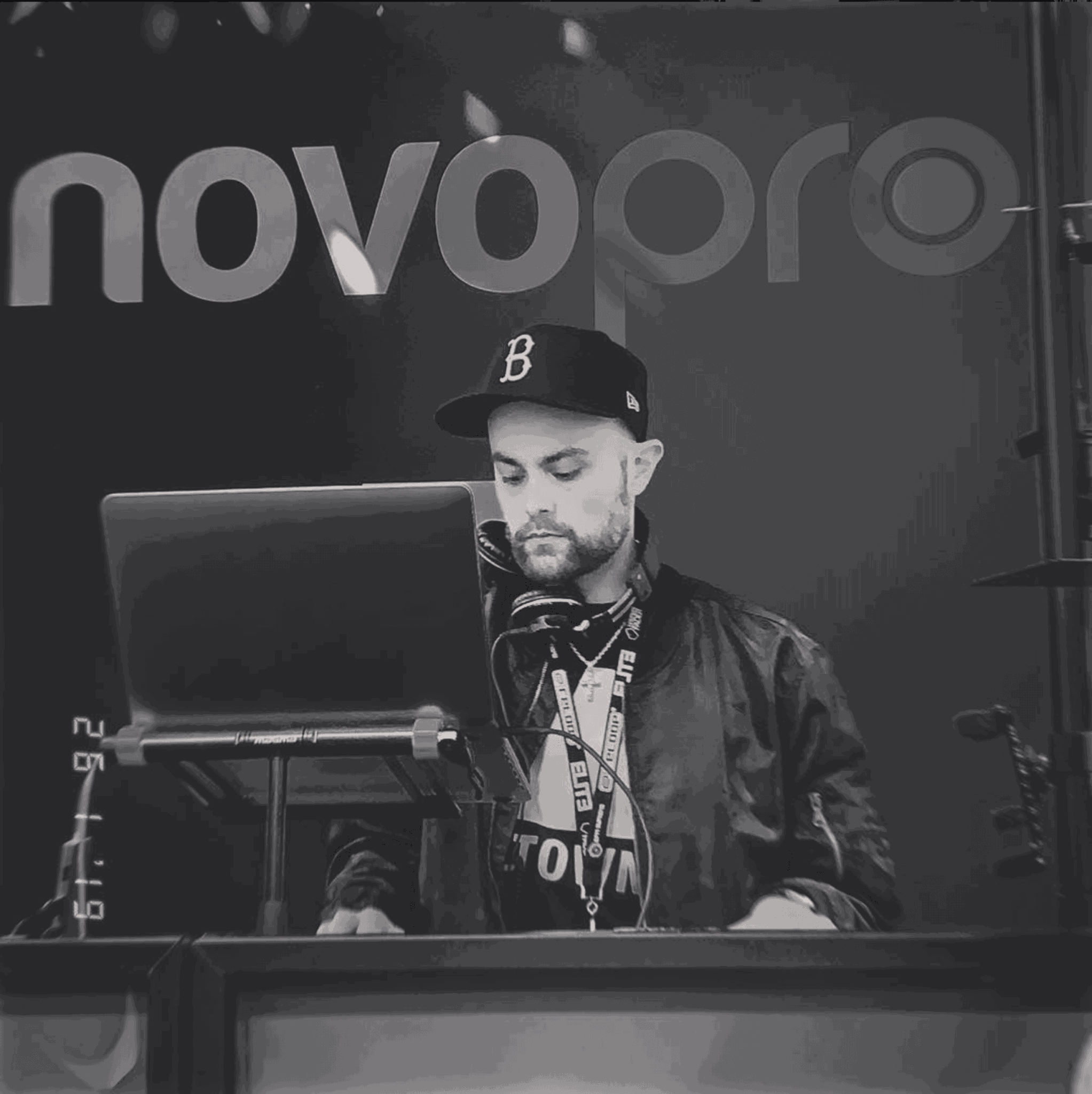
Great, appreciate you sharing that with us. Before we ask you to share more of your insights, can you take a moment to introduce yourself and how you got to where you are today to our readers.
I’ll sum this up with some advice I’ve learned.
If there’s one thing I hope people take away from my story, it’s that ambition drives everything I do—whether writing music for a film, creating samples, or teaching. I’m a firm believer in the idea that you can achieve it if you work hard for it. For example, I didn’t come from a musical family; in fact, my late grandmother would joke and laugh at how someone from our background somehow became a professional musician. My journey wasn’t conventional. I wasn’t naturally gifted or destined for this career—I worked for it.
That said, no one succeeds alone. I’ve been fortunate to have parents who encouraged me to follow my dreams and, as I mentioned earlier, a wife who believed in me enough to move across the country. I’ve been lucky to have friends who supported me by buying tickets to shows, purchasing sample packs I’ve created, and sharing my social media posts, and a great community of creatives who share their art with me. For example, my good friend Rich Furniss (also interviewed by CanvasRebel) introduced me to the DJ scene in NYC. This experience ultimately led to my job at Scratch Academy and jump-started my career in music education. With that said, I’ve also encountered the opposite of support. Some of my past music teachers told me I wasn’t good enough—that music should be just a hobby. Instead of letting that define me, I used it as fuel to carve my own path—not as an instrumentalist, but as a writer and music director.
That’s why I continue my education work. I want to be a mentor—someone who helps students find their path, whether in music, writing, or something else entirely. I hope to inspire people and help them through my music and teaching. More than just making music, I want my brand to stand for something bigger—to be a team player who lifts others and sparks creativity in those around me.
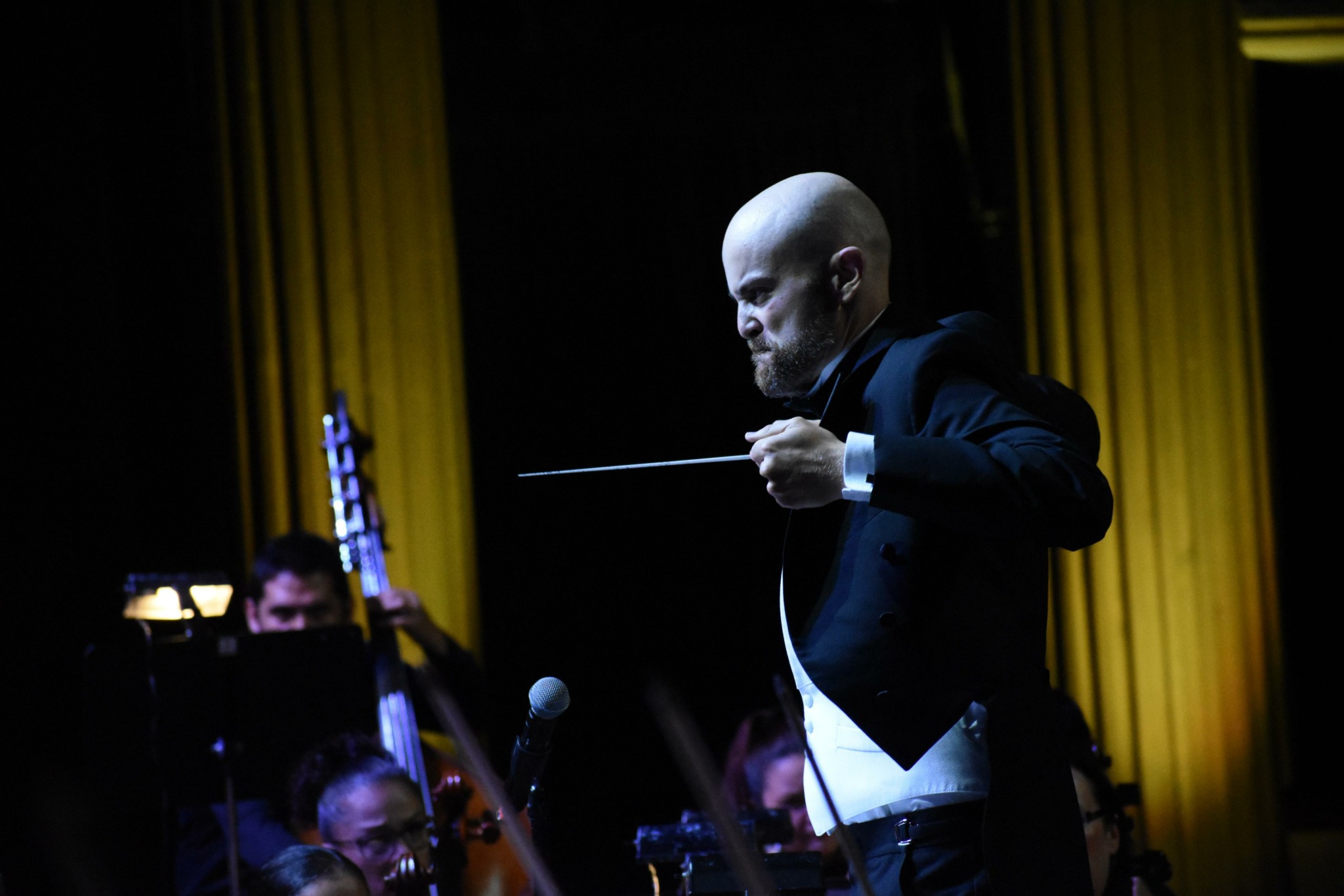
Any resources you can share with us that might be helpful to other creatives?
Early on, I wish I had known more about all the career opportunities within the music industry and that it’s ok to have multiple hustles as a creative entrepreneur. I was always worried that doing something left field, although still within the realm of music, would be detrimental to my brand. Over time, I’ve come to find out that many creatives are doing the same thing, and if it allows you to make money, gain experience, and build your portfolio, go for it. Take risks, don’t fear failure, and use lessons from those experiences.
Also, all artists, no matter the level, experience low points and different forms of imposter syndrome in their careers. I’ve been lucky to meet some of the greats, legends in various genres, who all have told me they’ve had the same feelings of uncertainty at varying points in their career.
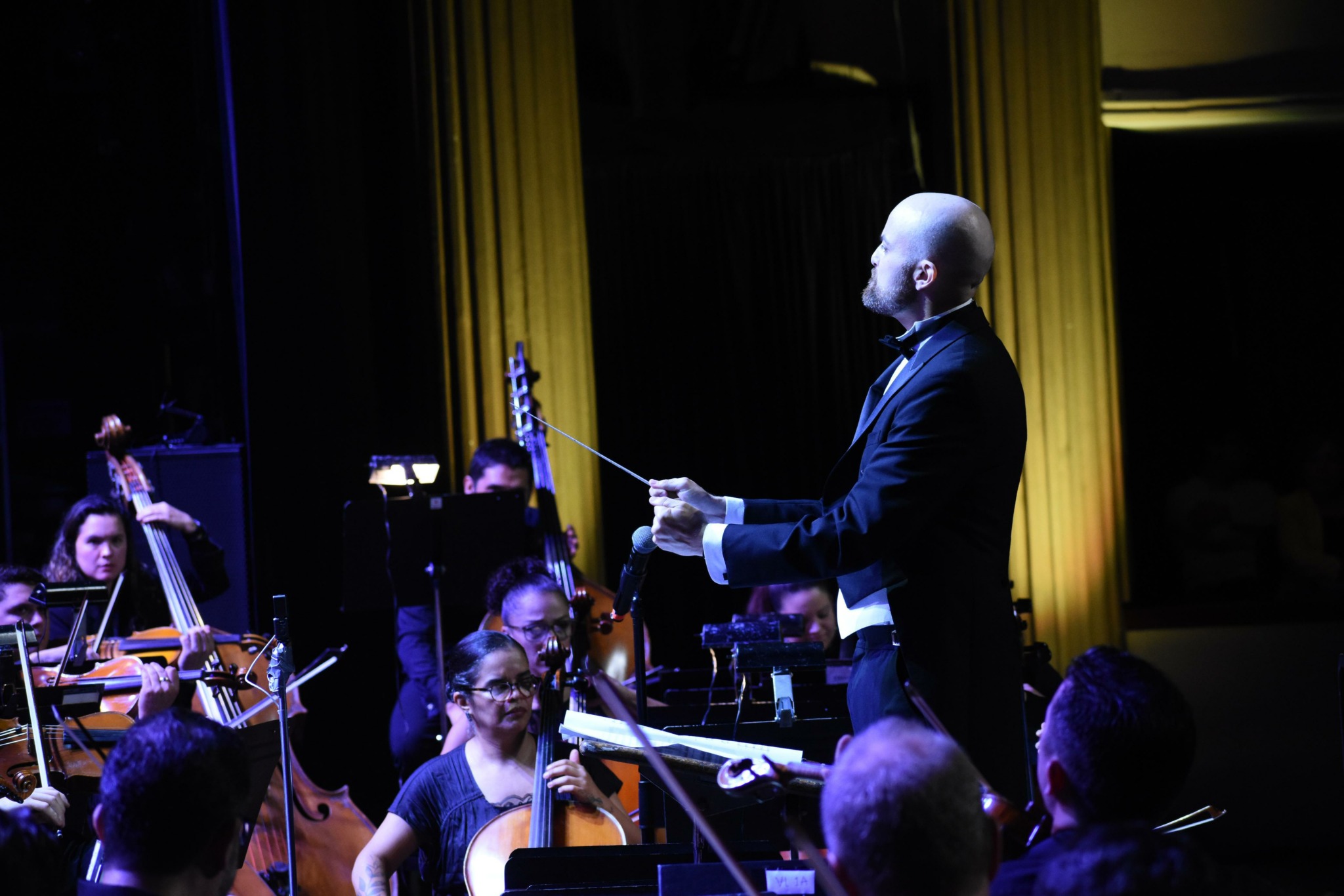
Is there something you think non-creatives will struggle to understand about your journey as a creative? Maybe you can provide some insight – you never know who might benefit from the enlightenment.
I love this question. A lot of people underestimate what it really takes to build a career doing something you love. There’s a common saying: “If you love what you do, you’ll never work a day in your life.” Honestly, I hate that phrase. The truth is, I work ten times harder to maintain a career in music.
I work odd hours, deal with last-minute job cancellations, navigate failed contracts, and go through stretches of weeks or even months without work—only to suddenly have three or four opportunities come in at once. Then, I have to make tough decisions about which one to take, hoping I won’t regret it later. Even as a music educator, my work is often contract-based, meaning simple things like budget cuts can determine whether I continue teaching or not.
And speaking of music education—it’s so much more than just learning an instrument. It teaches problem-solving, teamwork, responsibility, and has been proven to support cognitive development. Keeping arts programs alive is critical for the future, and we need to recognize their value beyond just music itself.
Contact Info:
- Website: https://joshandresmusic.com
- Instagram: @joshandresmusic
- Facebook: https://www.facebook.com/JoshAndresMusic/
- Linkedin: https://www.linkedin.com/in/joshandresmusic/
- Youtube: https://www.youtube.com/@JoshAndresMusic
- Soundcloud: https://soundcloud.com/joshandresmusic
- Other: IMDb: https://www.imdb.com/name/nm14631757/
